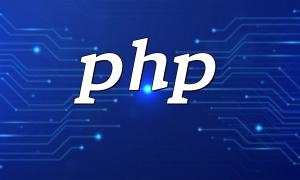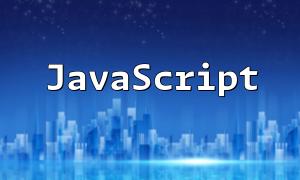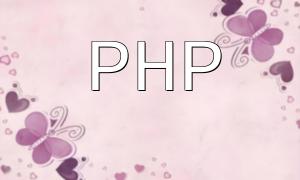PHP is a widely used programming language in web development, favored for its powerful features and extensive libraries. However, due to its flexible syntax, it's easy to develop bad habits that can lead to poorly structured, hard-to-maintain code. This article discusses the significance of following PHP coding standards and offers practical tips to help developers improve the quality of their applications.
Adopting consistent coding standards enhances code readability and maintainability. When multiple developers collaborate on a single project, standardized code reduces misunderstandings and streamlines communication. Moreover, clean and well-structured code reduces the likelihood of bugs and improves overall reliability.
Meaningful naming plays a key role in writing readable code. Here are some commonly recommended naming practices:
Example:
// Variable
$user_name = 'John';
// Function
function deleteUser($userId) {
// ...
}
// Class
class UserManager {
// ...
}
Consistent use of indentation and whitespace makes the structure of the code clearer:
Example:
function getUserName($userId) {
$query = "SELECT user_name
FROM users
WHERE user_id = $userId";
$result = mysql_query($query);
if ($row = mysql_fetch_assoc($result)) {
return $row['user_name'];
}
return '';
}
Well-written comments enhance the readability and maintainability of code. Good comments explain the “why” behind the logic, not just the “what”:
Example:
/**
* Get the user's name
*
* @param int $userId The user's ID
* @return string The user's name
*/
function getUserName($userId) {
// Query the user's name
$query = "SELECT user_name FROM users WHERE user_id = $userId";
$result = mysql_query($query);
// Return the name if found
if ($row = mysql_fetch_assoc($result)) {
return $row['user_name'];
}
// User not found
return '';
}
Modern PHP frameworks like Laravel or Symfony come with built-in conventions and tools that encourage clean, maintainable code. They also improve productivity and consistency across teams.
Namespaces, introduced in PHP 5.3, prevent naming collisions and help organize code logically. They're especially useful in large-scale applications with multiple modules and libraries.
Unit testing helps ensure code stability and reliability. Automated tests catch issues early and safeguard against regressions when changes are made. They also serve as documentation for how code is expected to behave.
Following coding standards is essential for producing readable, maintainable, and reliable PHP applications. Developers should adhere to conventions in naming, indentation, and commenting. Additionally, leveraging PHP frameworks, namespaces, and unit tests can significantly improve the structure and quality of the application. Consistently applying these practices is key to becoming a proficient PHP developer and maintaining long-term project success.








